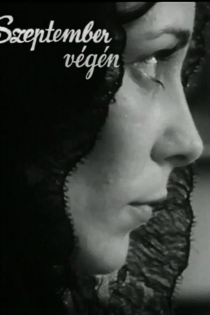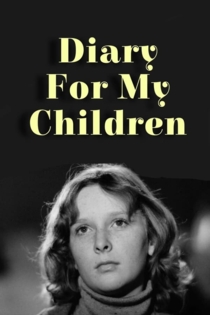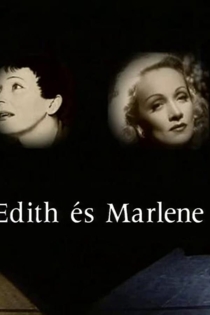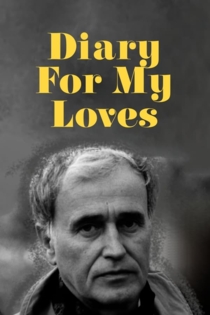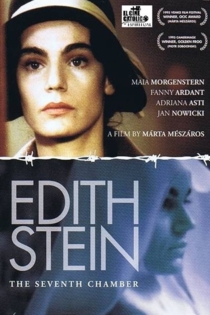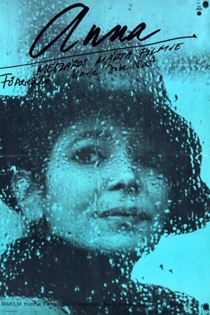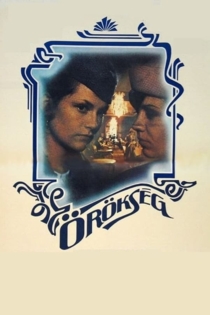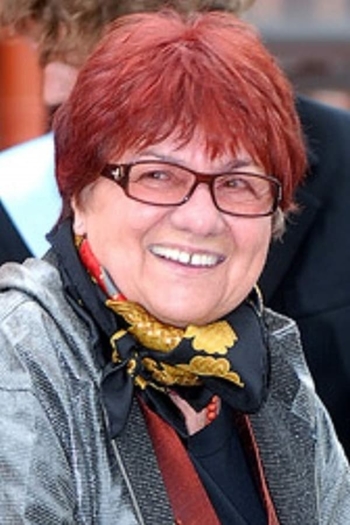
Márta Mészáros
1931 (94 года)Mészáros' work often combines autobiographical details with documentary footage. Prominent themes include characters' denials of their pasts, the consequences of dishonesty, and the problematics of gender. Her films often feature heroines from fragmented families, such as young girls seeking their missing parents (The Girl) or middle-aged women looking to adopt children (Adoption).
Although Mészáros has made over fifteen feature films, she is arguably best known for Diary for My Children (1984), which won the Grand Prix at the Cannes Film Festival. It was the first entry in a trilogy of autobiographical films which also includes Diary for my Lovers (1987) and Diary for my Father and Mother (1990).
Throughout her career, Mészáros has won the Golden Bear and the Silver Bear awards at the Berlinale; the Golden Medal at the Chicago International Film Festival; the Silver Shell at the San Sebastian International Film Festival; and the FIPRESCI Prize at the Cannes Film Festival. In 1991 she was a member of the jury at the 17th Moscow International Film Festival.
Kisvilma
Márta Mészáros
Cleo Ladányi, Lili Monori
The movie is inspired by writer-director Márta Mészáros' own childhood. The film is a grim reminder of horrible days under Stalinist period when several innocent people were persecuted for no fault. A good film which allow people to know how people in Europe were tortured before second world war by dictators and authoritarian regimes.
Little Vilma: The Last Diary

Örökbefogadás
Márta Mészáros
Katalin Berek, Gyöngyvér Vigh
When middle-aged Kata realises that her life will only be complete if she has a baby of her own, her longstanding-but-married boyfriend Joska refuses to comply. But by developing an unlikely friendship with the angst-ridden teenage orphan Anna, who is also involved in a controversial relationship, Kata discovers aspects of herself, and her role as a woman, that have gone unexamined throughout her entire, lonely life.
Adoption
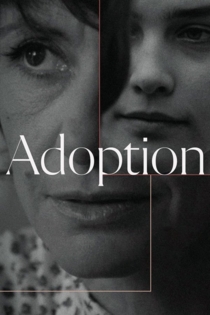
Aurora Borealis - Északi fény
Márta Mészáros
Mari Törőcsik, Ildikó Tóth
The Aurora Borealis is a story of family that is rich in twists and turns. It breaks the depths of the relationship between mother and daughter. A successful lawyer in Vienna, Olga is called back to Hungary when her old mother, Mary suddenly falls into a coma. While Mary is floating between life and death, Olga finds a deeply silent secret. The increasingly passionate research leads back to the post-war Europe of the '50s.
Aurora Borealis: Northern Light
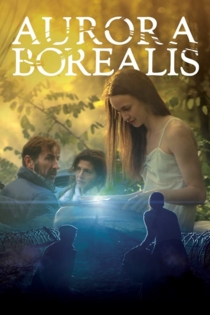
Eltávozott nap
Márta Mészáros
Kati Kovács, Teri Horváth
A young woman leaves a state orphanage to find her mother in this interesting examination of how the overt repression of women in the older pattern of village life has been replaced by the more subtle exploitation inherent in the apparently freer existence of young girls in the contemporary city.
The Girl
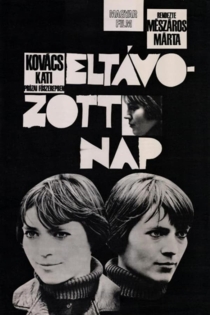
Olyan mint otthon
Márta Mészáros
Czinkóczi Zsuzsa, Jan Nowicki
On his return from America, András simply cannot find his place: he has lost his wife, friends and job, and he cannot even find his way back to his former great love. Eventually, as a surrogate father, he takes in a wild young girl (Zsuzsa Czinkóczi) and a particularly strong bond is formed between these two rootless people. Márta Mészáros’s remarkable movie starring Jan Nowicki and Anna Karina is about displacement, loneliness and attachment.
Just Like at Home
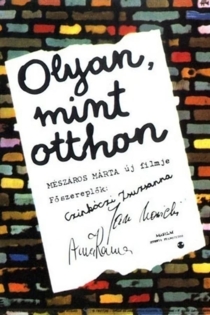
Kilenc hónap
Márta Mészáros
Lili Monori, Jan Nowicki
Juli works in a factory while pursuing a course in agrarian science. Her manager falls in love with her and an affair develops. She wants a sincere relationship, but still hides the fact that she has a child born out of wedlock. When her secret is revealed, he is not prepared to acknowledge her son.
Nine Months
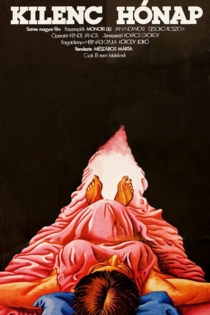
Diary for My Father and My Mother
Márta Mészáros
Czinkóczi Zsuzsa, Jan Nowicki
This story follows a young student, who is orphaned as she grows to adulthood in the shadow of the 1956 Hungarian uprising. Coming from the Communist intelligentsia, she sees her friends and family react differently. Her lover, a married factory manager, supports the patriots and later assists fellow workers in staging a strike. Meanwhile her sister and others express anger at being forced from their homes during the revolution and continue to express a hatred for the rebels afterwards. But in the end they realize that for all people, real life is not possible after the revolt and its brutal suppression by the Soviets and their collaborators.
Diary for My Father and My Mother
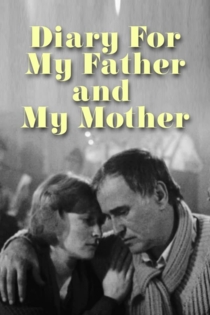
Szabad lélegzet
Márta Mészáros
Erzsébet Kútvölgyi, Gábor Nagy
Jutka, a young woman who works in a factory, falls in love with Andras, a university student. She pretends to be a student, to him and to his parents, and begins to live a lie. Finally she rebels against Andras and his demands and the social conventions that forced her to live a lie.
Riddance
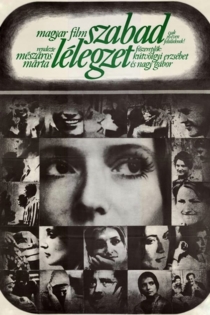
Holdudvar
Márta Mészáros
Mari Törőcsik, Kati Kovács
Edit, who became the wife of a politician out of a simple peasant girl, suddenly becomes a widow as a result of an accident. She never loved her husband. She lives a wealthy and lonely life amidst false friends, facing one of the last alternatives of her life, i.e. having to face her past in the hope of an independent new beginning.
Binding Sentiments
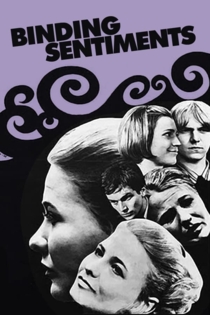
Szeptember végén
Márta Mészáros
Venczel Vera, Rudolf Somogyvári
Young Petőfi Zoltán the son of the great Hungarian poet, Petőfi Sándor, feels as though he were a stranger in the house of his mother and stepfather. Off he goes, finding work in Debrecen, where his theatrical and literary career and love all seem to be on their way.
At the End of September
